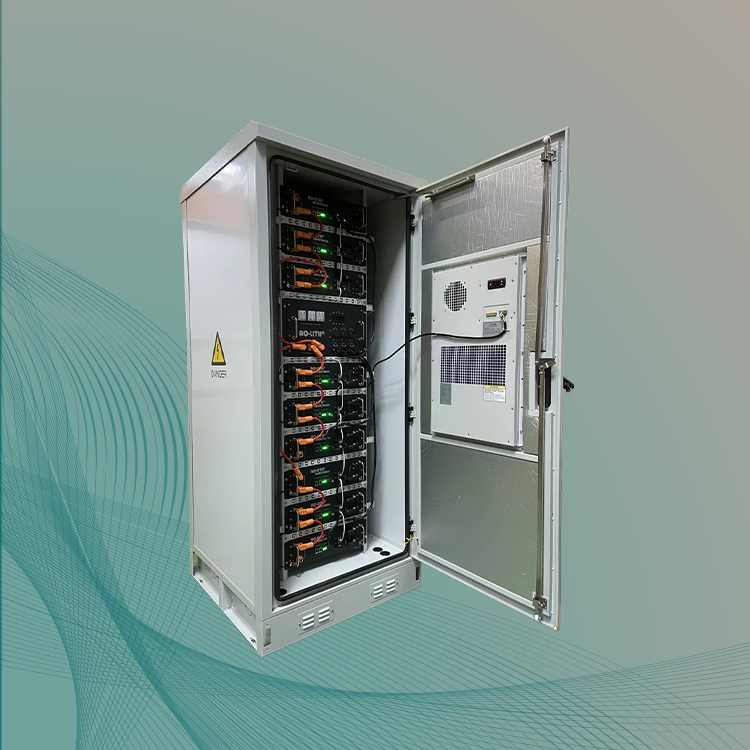


.webp)
.webp)
LiFePO4 batteries are safer to operate, more resilient to damage and overcharging, and they are better for the environment compared to other Lithium batteries. The key benefits of LiFePO4 are ...
No, the photovoltaic system will work and produce power regardless, but having a battery offers many benefits. Batteries allow you to take full advantage of all the solar energy produced during the day and make your home or business partially or entirely energy independent ...
Remarks, reviews & ratings